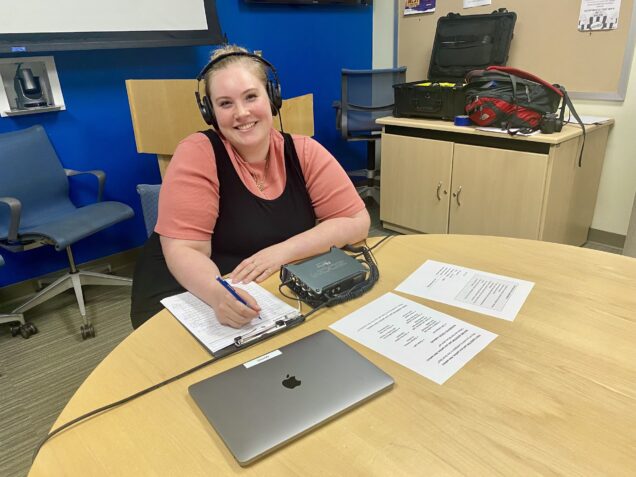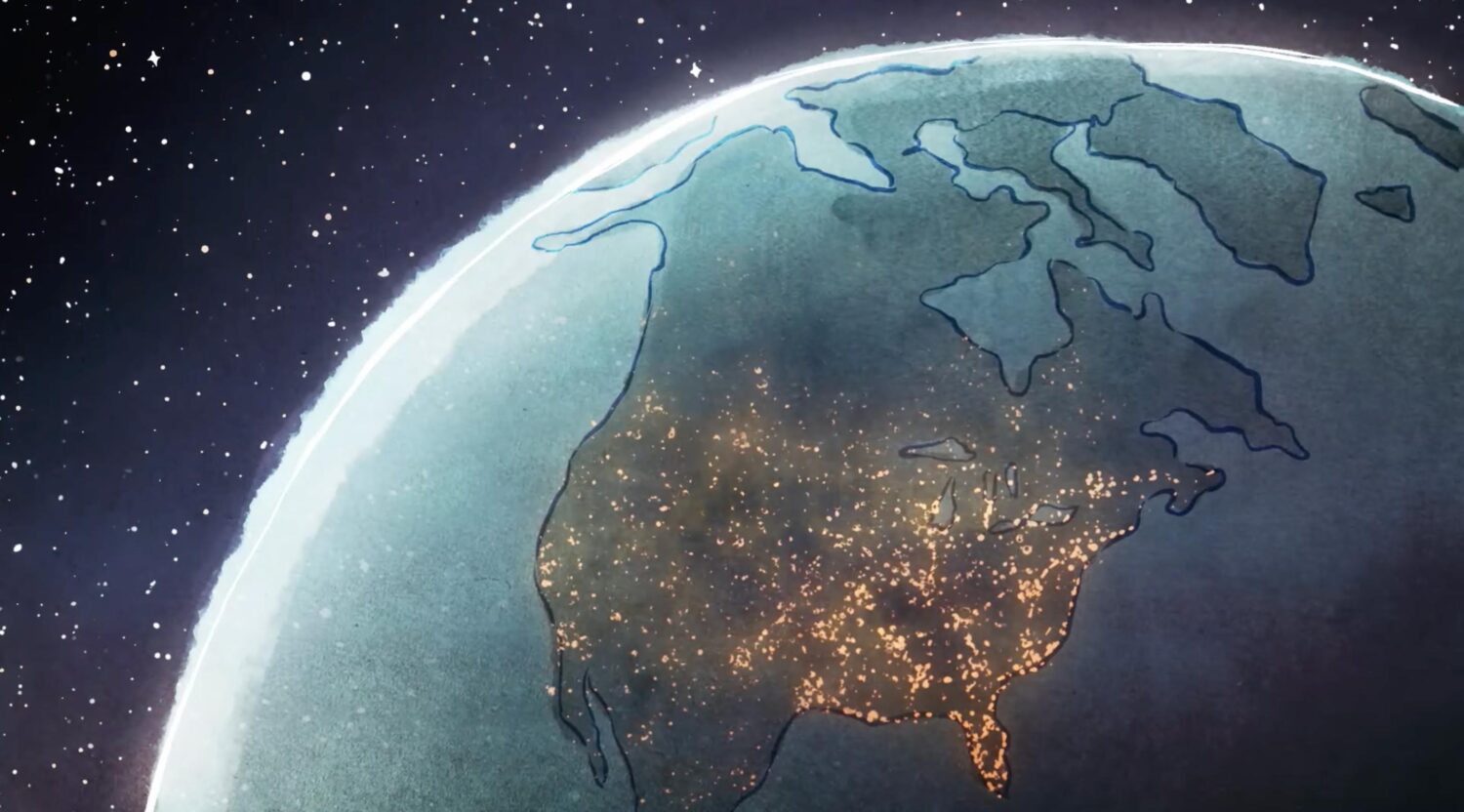
Richmond, one of the first markets in the country to launch One Small Step (OSS), just passed a significant milestone: 500 conversations have now been recorded there and momentum for participation in OSS continues to accelerate.
Some folks who are curious about participating wonder what exactly they’re signing up for and what they can expect as an OSS participant.
To help fill in the blanks, we asked one of the program’s long-time OSS facilitators, Claire LeBlond, to take us through the process once someone has filled out a matching application.
First, though, a bit about Claire. Her academic training in college was in facilitation, having studied meditation and facilitation, with some practical conflict resolution thrown in along the way. A StoryCorps fan herself—her mother interviewed her grandmother during one of the program’s first mobile stops in 2005—Claire stumbled on the perfect job description after college on the StoryCorps website: Facilitator. And after some brief training, her career as one took root.
Before Facilitators like Claire get involved, the OSS process starts with those interested in participating either signing up for more information or filling out a matching application which requires brief biographical information, including scaling themselves on various values; economic, social, religious. That gives schedulers the details they need to match up participants.
Once participants are matched, they’ll get an email containing their partner’s bio, which is followed up by a call from their facilitator, basically to check in to answer any questions or concerns and to introduce themselves, so that there is someone familiar present on the day of the conversation (either in person or virtually).
Participants also receive conversation agreements, which are the rules they agree to follow (e.g., no interrupting, don’t make assumptions about your partner or try to sway them toward your point of view, etc.). Schedulers and Facilitators review these with each participant throughout the process, ensuring that there’s a comfort level with the various guidelines.
Having facilitated dozens of conversations over the past two years, Claire finds herself buoyed by a sense of hope following many of them.
“There are a lot of people who are just here to understand,” she says. “Nobody’s trying to change anybody’s mind or even get them to budge. At its core, One Small Step is really a listening exercise. The idea that you’re going to clash with somebody or find someone who is your complete opposite doesn’t exist.”
Claire emphasizes that participants get out of the experience what they put into it and that conversations always reside in a safe space.
“When I meet participants, I say ‘Talk about what’s authentically interesting to you,’” she says. “I have two big tips, and that’s the first one. The second is to speak from your personal experience. We don’t ask you for anything more than to use the tools that are already on your toolbelt. I’ll acknowledge that you are making a brave step of deciding to be part of the kind of world you want to live in and the world you want to see. But you’re never pressured to go anywhere you don’t want to go.”
